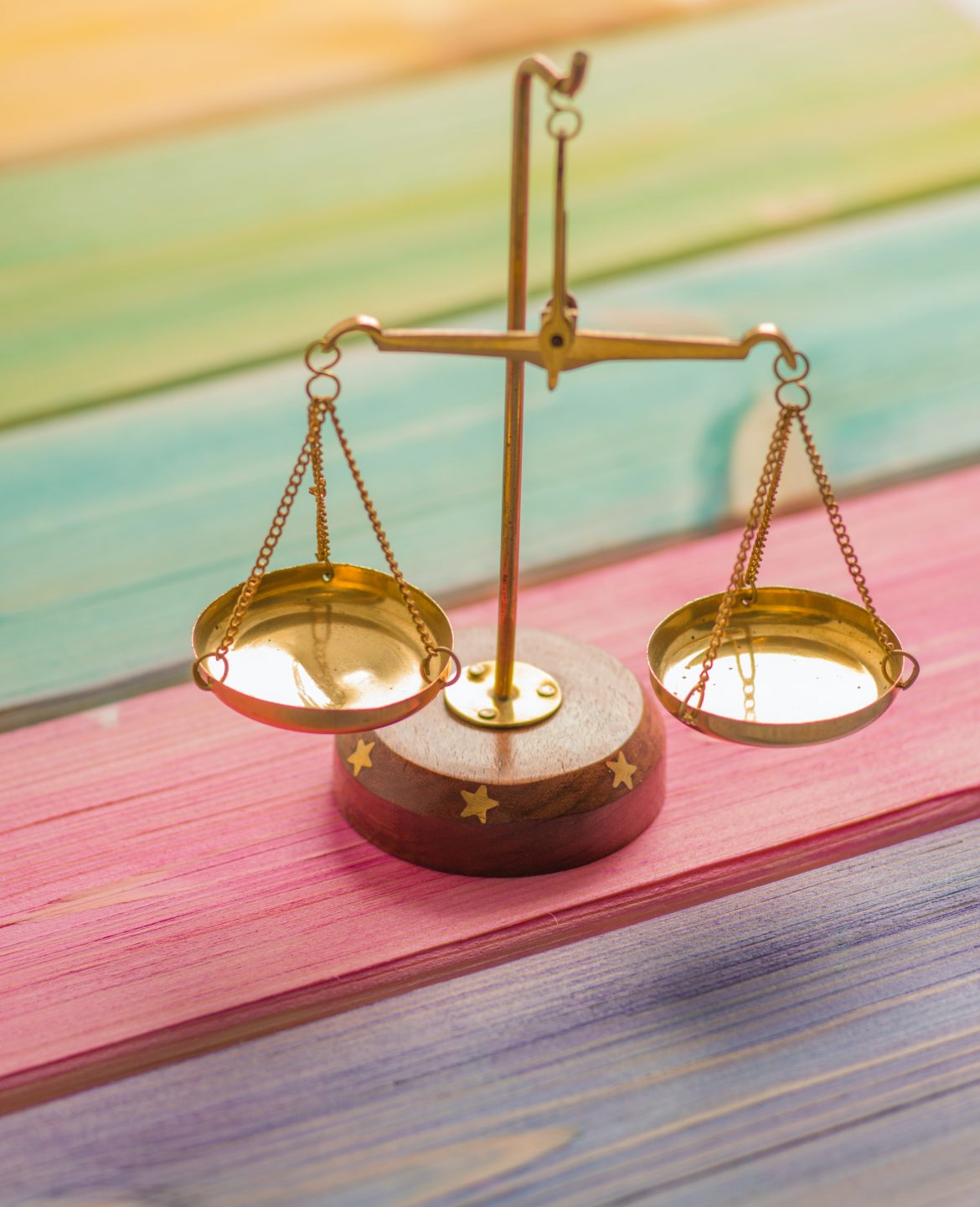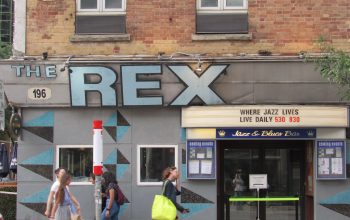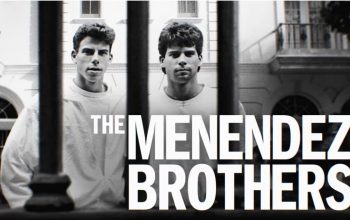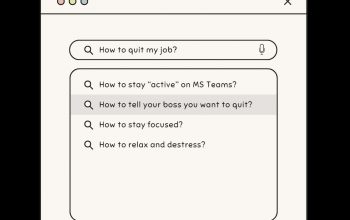Photo Credit: Elena Mozhvilo, Upsplash
When between a rock and a hard place, choose open conversation.
Stefanie Menezes, Lifestyle Editor
Tolerance is the willingness to endure or bear a given condition. In contemporary political and social spheres, however, the tolerance of an attitude or action is often measured according to its alignment with mainstream left-wing political ideology. Even more dangerously, tolerance is frequently assessed based on the potential offence an action may cause a minority individual or group. This is detrimental not only to our freedom of expression but also to movements that advocate for true peace and equality.
The Canadian Constitution protects our freedom of speech until it crosses into discrimination, hate speech, or harassment. However, if we continually redefine these limits, nothing is truly protected, and no expression is genuinely free. If the definition of tolerance is constantly changing to suit the needs of any particular social group or political party, then its application is a weapon for silencing unwanted opinions.
My close friends have heard me rant about “cancel culture” to no end, but outside of private discussions, I tend to keep my opinions to myself. I, like many of my friends, value kindness above most other intentions. I also believe that kindness and honesty are not mutually exclusive, and that tact is important when telling someone something that they do not want to hear or disagree with.
However, the online age in which we live allows less and less space for such opinions. The internet has often pushed impressionable individuals on both the left and right sides of the political spectrum toward extremes.
We need to remember that tolerance does not just apply to minority issues. The misinterpretation lies in believing that certain groups and identities deserve tolerance while others do not. This is ironic considering that the meaning and intention of tolerance necessitate accepting the coexistence of other opinions and ways of life. The acceptance of diversity is essential for a multicultural community like Toronto to be safe and welcoming to minorities. Because we live in a diverse community, some beliefs and lifestyles will always clash. The most restrictive thing we can do as proponents of tolerance is assign labels to the two parties. There is not always an “oppressor” and an “oppressed” in conflict.
I find that in modern society, especially amongst younger people, there is greater intolerance of individuals or institutions labelled as the oppressor. When there is a clash of opinion between a conservative and a liberal, a Christian and a member of the 2SLGBTQ+ community, or a white person and a person of colour, the opinion of the former is often automatically dismissed as either intolerant or lacking experience in a situation faced by the latter. To label someone intolerant for a difference of identity or alignment is both reductive and, in itself, intolerant. While many individuals with identities in the latter categories may feel that those in the former come from a place of privilege, this generalization is unhelpful. While many are aware that someone coming from a historically privileged group isn’t personally responsible for your own circumstances, it is important to remind ourselves that someone having an opinion that differs from our own is not necessarily discrimination.
One specific and extreme case that parallels this is Germany’s late 1960s sexual revolution. Without going into excessive detail, German society went through a period of extreme sexual liberation that exceeded what they called “the sexual emancipation” of children. Experimental programs conducted during this time included the Kentler project, Kommunes 1 and 2, and the Wilmersdorf Kinderladen, created with the intention of indoctrinating children into an unrestricted society through what would presently be considered abuse. One driving force within this movement was that several important scholars and experts publicly taught that certain atrocities of World War II would not have happened if Germans had been sexually freer.
Although individuals today are appalled by this example and disgusted by the actions of those adults, their intention was to create a more open society and amend the puritanical nature of early postwar German society. Now, we may wonder, with so many adults involved in the establishment of such facilities, did anyone consider the moral and ethical pitfalls of these experiments? The answer is quite sad: they did, but decided not to speak up because they had internalized the belief that deviating from what was considered “open” and “liberating” at the time made them intolerant and prudish. One of the teachers from the Kinderladen stated that though she thought the ideas were crazy and wrong, she, like many others, found it difficult to take a stance because she was ashamed of her feelings.
Though we should aim to make space for diversity and encourage societal acceptance of different cultures and lifestyles, the fear of coming across as intolerant should not keep us from expressing our beliefs. Everyone has a reason for feeling and living the way that they do, and we should respect individual experiences.
Tolerance is about creating a space where all voices can exist, but the power to decide what is and is not acceptable should not fall to one set of voices. I believe that in Western society, it is the political left that seems to define tolerance in a way foreshadowed by twentieth-century German society. Although the intention has been to establish a more open culture, it has resulted in contrasting opinions being labelled as intolerant or oppressive, causing others to stay silent to avoid judgment and labelling. This is “cancel culture” at its core and has no place in a well-functioning society.
Different views are integral to the democratic system, even when they are hard to hear, because they equip us with the information to make decisions in the best interest of society. If we want to use democracy’s greatest tenet and strength effectively, we must stop making others scared to speak out against the culturally accepted opinion.




